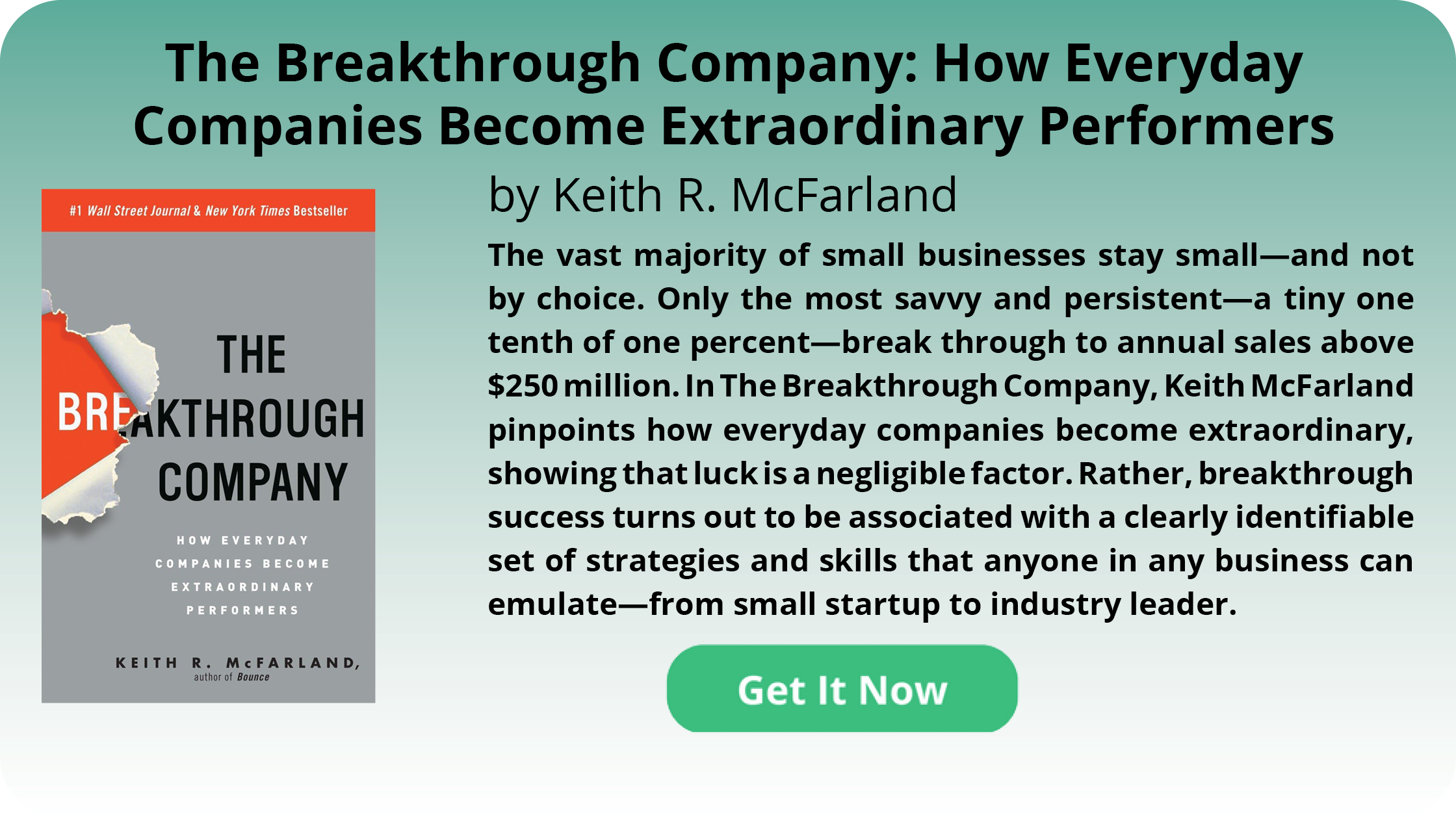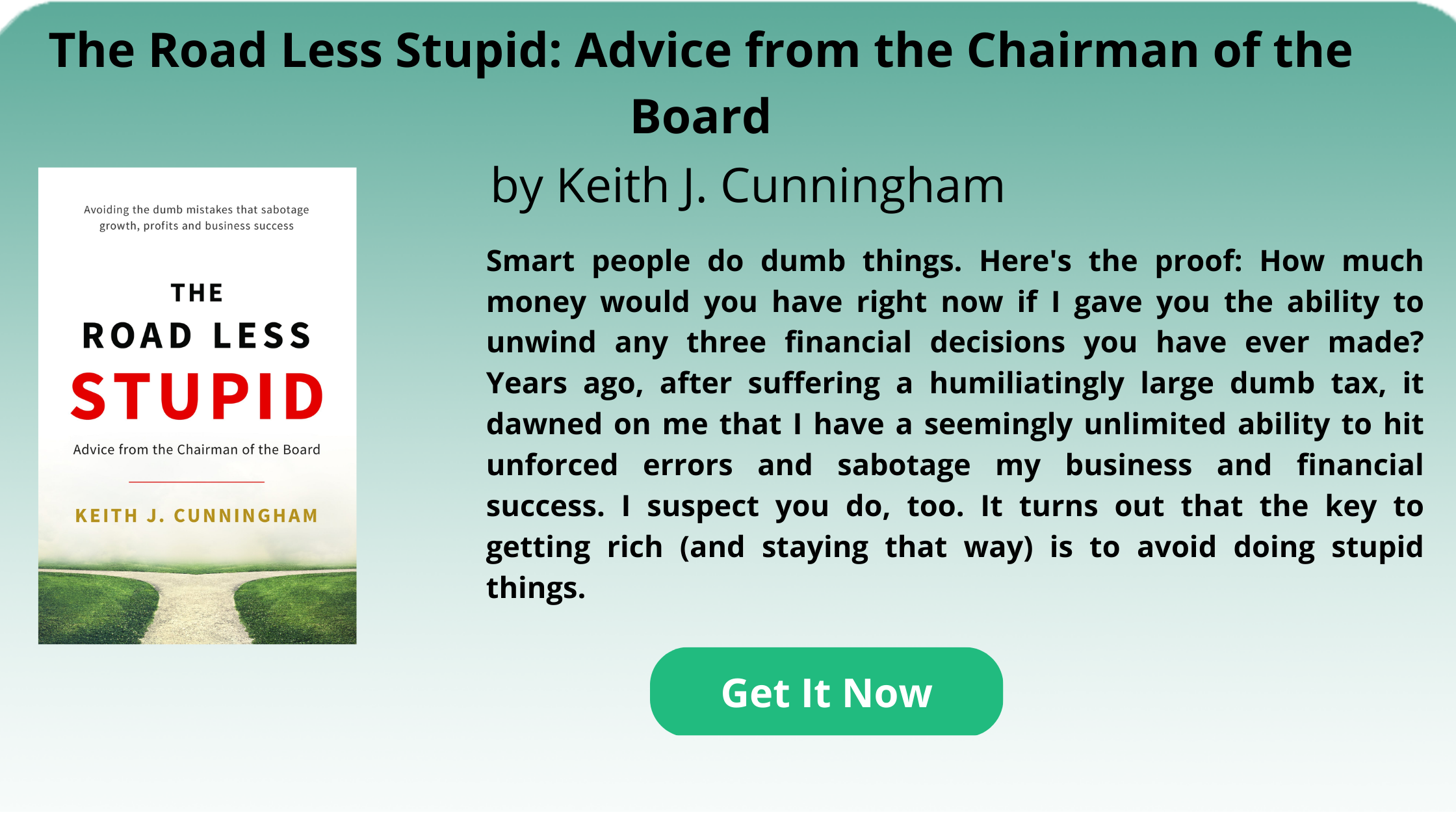Considering the Roth IRA Conversion after the Secure Act After the passage of the SECURE Act, in December of 2019, many laws were included that impact IRA inheritances, IRA distribution rules, and IRA and other Retirement accounts in relation to estate planning strategies. Please reference my previous article which discusses these areas at a greater length.
But one area that has always presented planning opportunities, and still continues to do so, is the Roth IRA conversion. When we refer to a Roth IRA conversion, we mean the steps you take to convert assets within a pre-tax IRA account and convert it to a Roth IRA account. There are a number of potential benefits for converting your Traditional IRA. But I should emphasize the word “potential”. Each person’s situation must be carefully considered to determine if those conversions make sense, and a plan developed in a way that makes sense from a tax standpoint.
Before we get into Roth conversions from a tax planning and estate planning standpoint, let’s review some basic attributes of the Roth IRA and its conversion rules.
A good place to start in discussing the Roth IRA is that the contributions funded into a Roth IRA, are of an “after-tax” basis. In other words, the money that you contribute into the Roth IRA, is money that you would have been taxed on during that tax year. Second, any growth within the Roth IRA, grows tax deferred/tax-free – Meaning, after certain conditions are met, mainly the “5-year rule”, money can be taken out of the Roth IRA account tax free, provided that the owner is over 59 ½.
Other General Rules for the Roth IRA
Although this article’s aim is to discuss conversion and inheritance planning for the Roth IRA, here some rules for Roth IRAs, in general. For those Roth IRA owners who are under the age of 59 ½, and have owned a Roth IRA for less than 5 years, they can withdraw earnings, penalty free, but not income tax-free, provided they fall within one of the following categories:
The owner uses the money to purchase a home for the first time. Although, from a financial planning standpoint, I would recommend this as a last resort, or for that matter, tapping into any retirement assets.
Roth owner becomes permanently disabled or dies, and the beneficiaries withdraw money. A general rule to go by is the sooner you establish a Roth IRA, the better, so the likelihood of taxation is reduced or goes away.
A Roth IRA owner utilizes assets to pay for qualified education. Again, from a planning standpoint, I would generally advise trying to avoid utilizing retirement assets for this type of an expense, if possible.
A Roth IRA owner taps into the account to pay for unreimbursed medical expenses that exceed 7.5% of their adjusted gross income. An HAS account would be a better solution.
Roth IRA is passed onto a beneficiary at death. Potentially a useful inheritance tactic, we’ll get more into that.
Other instances include military reserve status and owner withdraws, money used for an IRS levy on a qualified plan, and lastly, the Roth IRA owner is receiving benefits as part of an annuity, and the owner makes the distribution in equal payments (issues for discussion another time).
If an owner is not yet 59 ½, but they have had the Roth for more than five years, they may be able to withdraw earnings tax and penalty free, for some of the reasons listed above, including being permanently disabled, first time home buying (but subject to a $10,000 lifetime maximum), the Roth goes to a beneficiary or their estate after their death.
If the owner is over 59 ½ and has had the Roth IRA for less than five years, then they pay income tax only on the accumulated earnings withdrawn, but there is no penalty. If the owner is younger than 59 ½ and has owned the account for more than five years, then they usually owe income taxes and incur a 10% penalty on the withdraw, no exceptions including disability, first time home purchases, etc.
All withdraws by an owner of a Roth IRA, is tax and penalty free if they are over 59 ½ and have had the account for more than five years. Plus if they pass away after this criteria has been met, the beneficiary can withdraw tax free and penalty free – Which leads us into the conversion and estate planning part of our discussion.
The Discussion of Roth IRA Conversions for Tax Planning Purposes and Estate Planning
Whether to Convert – There are several reasons to convert a traditional IRA to a Roth IRA. It is important to re-emphasize that every situation is different for each individual, and careful planning must be done. But here are a number of reasons to consider for converting an IRA to a Roth IRA.
First, is the Income Tax Rates are Historically Low – The most recent tax reform reduced the tax brackets and dropped the top tax brackets for Federal Taxpayers. Keep in mind that these rates sunset in 2024, and will probably rise again. I say this because our Federal debt level, and our Debt/GDP ratio is rising substantially due to the recent crash of our economy, due to the Covid-19 pandemic. So, the reasoning is that now is the time to consider a Roth conversion while tax rates are low.
Secondly, A Benefit for Your Heirs – If you have substantial balances in your traditional IRAs, both spouses are living, don’t necessarily need the assets to live on, are under the age of 72 (the new Required Minimum Distribution age), converting now may be part of a prudent estate planning process. Your heirs will have greater flexibility with the Roth IRA assets in comparison to Traditional IRA assets. Note: you can still convert your IRA after the age 72, but it becomes less tax efficient because of the additional Required Minimum Distribution.
For example, let’s say you converted your traditional IRA assets to Roth IRAs before 2024, you are in your 60’s, and you have successful heirs that are paid high salaries and are in high tax brackets. Fast forward 15 years later, you pass away and your successful heirs inherit the Roth IRA assets. Under current rules, they won’t have to withdraw those assets for 10 years after inheriting them, can take all of the assets out in year 10, and will be able to withdraw them tax-free because of the current rules on Roth IRA assets, as previously discussed.
Paying Income Tax Now before You Might Pay an Estate Tax – The current estate tax exemption for an estate is huge ($23.16 million for a married couple). However, in 2024 these estate tax laws are scheduled to sunset as well. If you have a taxable estate after 2024 and you pass away with an estate tax liability, your traditional IRA assets would potentially be subject to double taxation – First the estate tax liability on those assets which could be substantial, and second, the income tax due on any required withdrawal of those assets. In that instance, a Roth IRA conversion many years prior, could prove to be beneficial from an estate planning standpoint.
IRA Owner Plans to utilize a “Generation Skipping Trust” within their Estate Plan – If an IRA owner plans to use a GST or “Generation Skipping Trust” for the benefit of their Grandchildren, Then arguably, a converted Roth IRA is a very powerful asset with which to fund a GST exempt trust.
Paying the Income Tax on a Conversion with Non-IRA Assets – If you make a Roth IRA conversion, income tax will be due as a result. Therefore, if you have proceeds outside of an IRA to pay for the income tax owed, that will mean that all of the conversion can go into the Roth IRA and not go towards income taxes. This will give you greater ability to enjoy tax-free growth inside of the Roth IRA.
Post-Death Distributions to Beneficiaries are Tax-free. I mentioned this earlier, but it is worth noting and to consider in your planning decisions.
Tax Brackets for Married Couples are More Favorable – I mentioned this earlier as well. It’s more tax beneficial to convert while both spouses are living.
199A Qualified Business Income Deduction – It may make sense for a business owner to make a conversion (depending on their tax situation), because Roth IRA qualified distributions are not considered to be taxable income for purposes of computing the limits on the 199A deduction.
The 3.8% Net Investment Income Tax – If an IRA owner converts into a Roth IRA, it may be beneficial for them as a taxpayer, because any future qualified distributions from the Roth won’t be considered to be taxable income neither for “net investment income” or from a MAGI standpoint (Modified Adjusted Gross Income).
Here are a series of questions to help determine if an IRA owner could benefit from a Roth IRA conversion:
Does the IRA Owner anticipate being in a much lower marginal tax bracket in the future (retirement)? If yes, then making a Roth IRA conversion will likely not be beneficial. But, may consider estate planning reasons. The owner will need to evaluate.
Will the IRA owner pass away with a substantial charitable bequest? If yes, then making a Roth IRA conversion will likely not be beneficial. But, may consider estate planning reasons. The owner will need to evaluate.
Can the Owner’s heirs wait ten years after their death to access the Roth IRA funds? If yes, then a conversion may be beneficial. The owner will need to evaluate.
Does the IRA owner have a long time horizon to allow the Roth IRA assets to grow? If yes, then a conversion may be beneficial. The owner will need to evaluate.
Does the IRA owner have outside funds to pay the taxes on the conversion? If yes, then a conversion may be beneficial. The owner will need to evaluate.
Does the IRA owner plan to utilize a GST exemption with IRA assets, if applicable, for estate planning purposes? If yes, then a Roth IRA conversion will most likely make sense. The owner will need to evaluate.
Does the IRA owner have favorable tax attributes that can help offset the majority of the conversion income? If yes, then a Roth IRA conversion will most likely make sense. The owner will need to evaluate. (But this is a slam dunk, in my opinion)
There are many things to consider in evaluating the conversion of a traditional IRA to a Roth IRA. But, because of the window we have before 2024, when the current tax code and estate tax code sunsets, it may make sense to work with an advisor to explore at a deeper level.
If you have any questions regarding this subject, feel free to email me at szeller@zellerkern.com.
Steve Zeller

Steven E. Zeller
Steven Zeller is a CERTIFIED FINANCIAL PLANNER™ professional, Accredited Investment Fiduciary®, Certified Exit Planner, practicing Wealth Advisor, and serves clients nationwide. He has over 24 years of experience within his profession. READ MORE
What Steve Writes About

I write about the latest thoughts and topics that impact high net worth families, individuals, and business owners. The building and sustainability of family wealth and a business is an exciting journey, and I have a passion to help them along the way to grow and thrive.
The latest book that Steve is reading. He reads, all he can, material relevant to the high net worth family and business owners, so that he may pass it onto his readers.




Connect With Steve